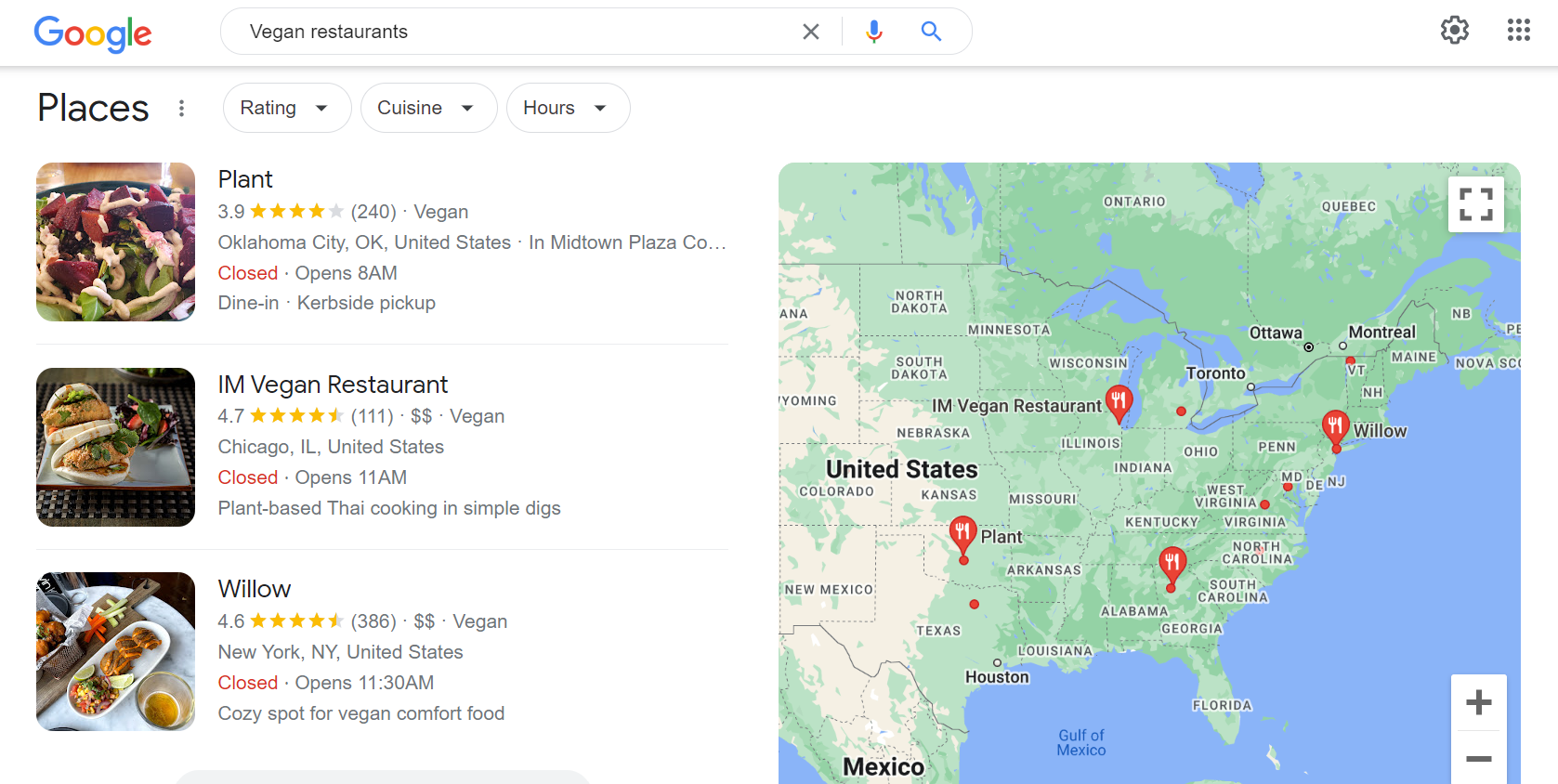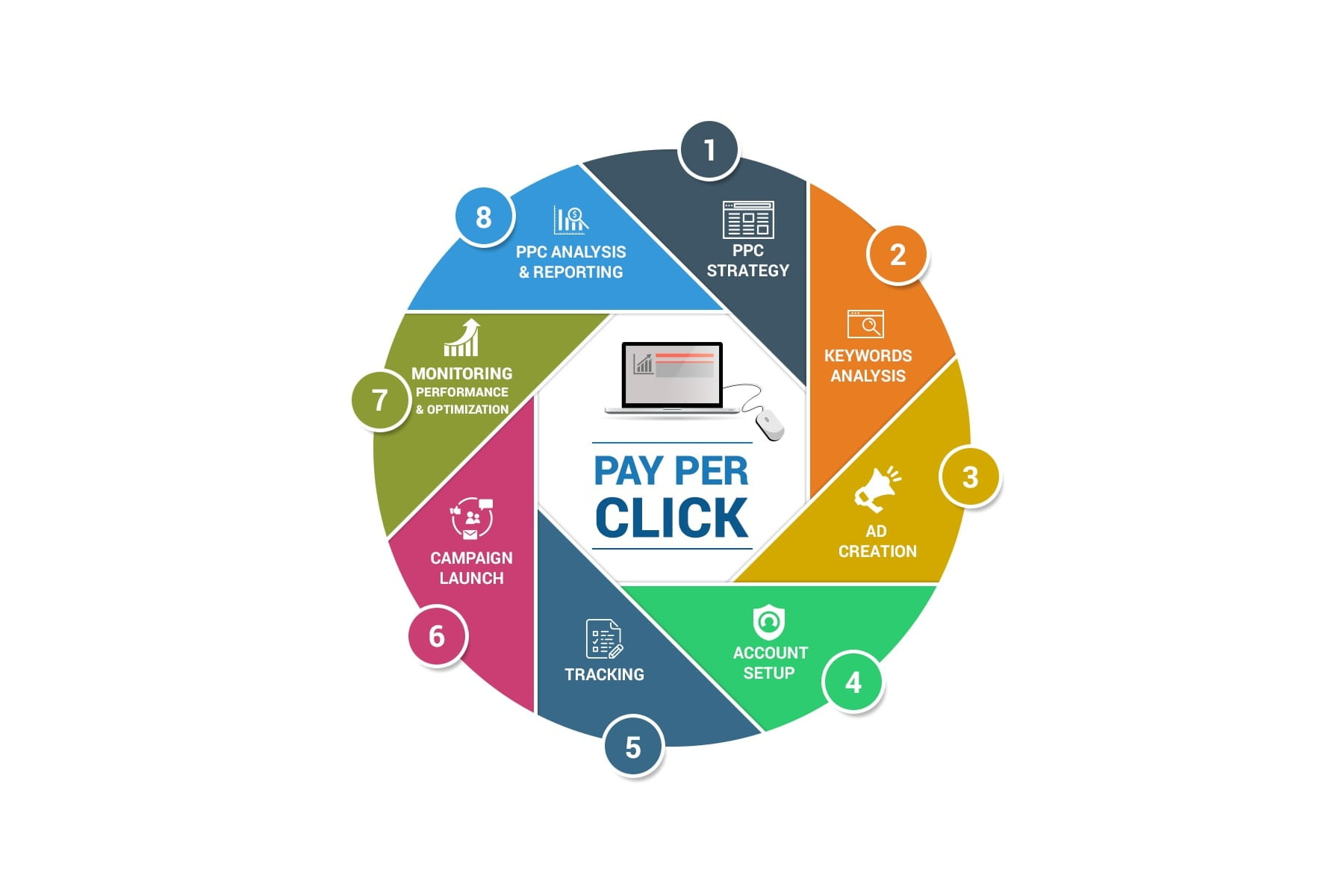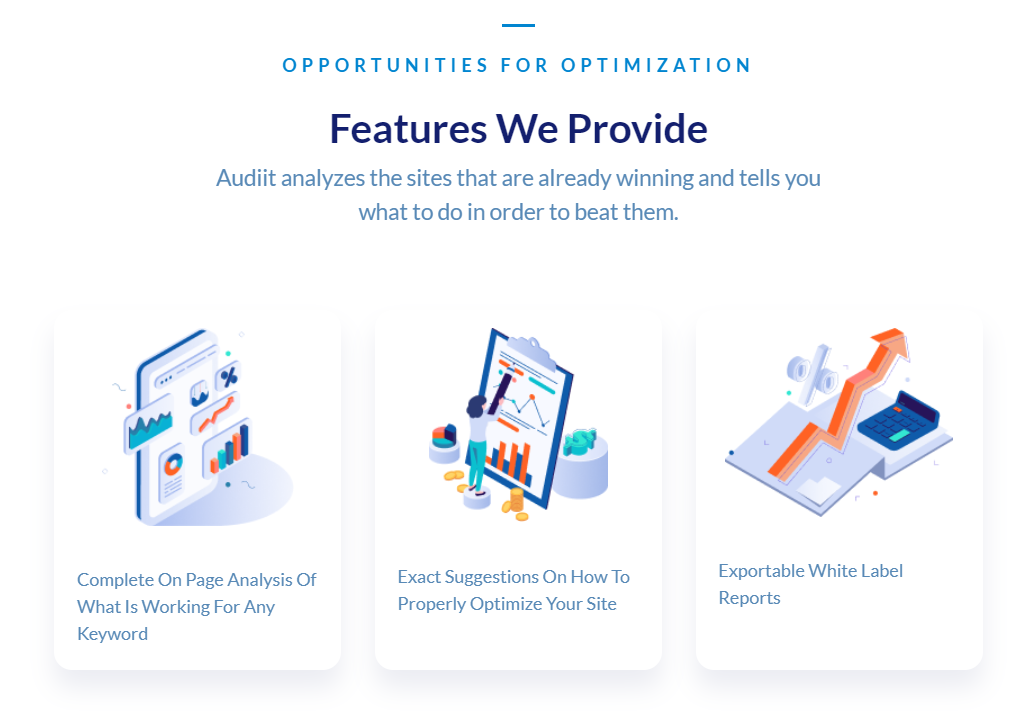How to Analyze Competitor Keywords to Improve Your SEO Efforts
There are many factors that go into improving your search engine optimization (SEO) efforts and ranking highly in search engines like Google and Bing. However, one of the most important things you can do to improve your rank and relevance in organic search results is to analyze the keywords that your competitors use and use them if they apply to your business or industry. In this article, we’ll look at how to analyze competitor keywords and use them to improve your SEO efforts with specific strategies you can use today in your own marketing campaigns.
What Is Competitor Analysis?
Competitor analysis is when you analyze your competitors’ keywords and how they rank to find keyword opportunities that would benefit your business.
You can use this information in various ways, from finding the best topics for your content to making sure you’re focusing on what people are searching for online.
The competitor research will cast light on what other brands in your niche are doing in terms of SEO and PPC.
The analysis evaluates as many factors as possible, bringing insights into what drives traffic to your competitors’ pages.
So, in a sense, it highlights the gaps and estimates your potential and opportunities to fill them.
How to Do a Competitor Keyword Analysis
1. Identify Your Search Competitors
Your online search competitors can be very different from when analyzing your local business competitors.
Why?
Well, it may happen that some of your toughest local competitors are not competitive at all in terms of organic search.
So, finding search competitors is fairly different from business competitors.
With this in mind, the first step is understanding who these search competitors are.
To find the top players in your niche, start with a simple Google search query related to your industry.

You can also run a Google’ related’ search to find websites related to yours instantly.
Simply type [related:yourwebsitename.com] on the search bar and see what results will pop up.
2. Research the Competition
You need to find out what your competitors are doing right and wrong.
Chances are, if they’re better than you at something, you should be doing it too (more on that below.)
Make sure you know their user personas and understand who their target audience is.
You need to gather as much information about their:
- Top organic keywords
- Top pages
- Keyword difficulty and volume for each of their keywords
- Overall organic traffic
3. Assess Your Competitor Keywords List
You need to start by thoroughly vetting your competitor keywords list.
Sift through the stats even for high competition keywords and set them aside.
Cross-check the keywords you share with your competitors and eliminate the ones that aren’t relevant to your business.
On the other hand, highlight those keywords with a higher domain and trust authority as they could be solid options to target.
Review the search engine result pages for each highlighted keyword.
Pay special attention to any organic or paid opportunities you may have missed and how you might target them.
4. Review Your Competitors’ Paid Campaigns
After exploring your competitors’ organic traffic, the next step is cross-referencing these organic results with your competitors’ paid traffic.
So, don’t be afraid to look at your competitors’ paid campaigns, as they provide you with information about the keywords they are targeting and the sites ranking for them.
Check these campaigns, check their keywords and find out which of your rivals’ keywords you need to improve on.

Once you know what the others are doing, it will be easier for you to determine where the opportunities are in your own industry.
Don’t forget to check the density of the competitor keywords you select to decide which ones you should bid on.
You’ll have a clearer idea of what keywords you should use to optimize your SEO and PPC efforts so that you can avoid potential pitfalls and make the most of this marketing opportunity.
Finding a Competitive Edge
There are several key ways to use the information gathered about your competitors to find a competitive edge.
For example, if they’re focusing on a niche where you can’t compete, but they’re having difficulties, there may be an opportunity for you.
You should also see what keywords they rank for so that you can try and take those rankings away from them.
And could use their resources to help rank for keywords that have higher search volume or less competition, or even work with them as a content provider and create promotional articles on the topic they specialize in to try and rank high in the SERPs.
You can use Audiit.io to analyze your competitor’s website for a certain keyword and make the necessary changes so you can start ranking up faster.

Source: https://audiit.io/
Keyword research is a great way of gaining knowledge about your industry–and an invaluable technique for any company looking to get higher rankings on search engine results pages (SERPs).





